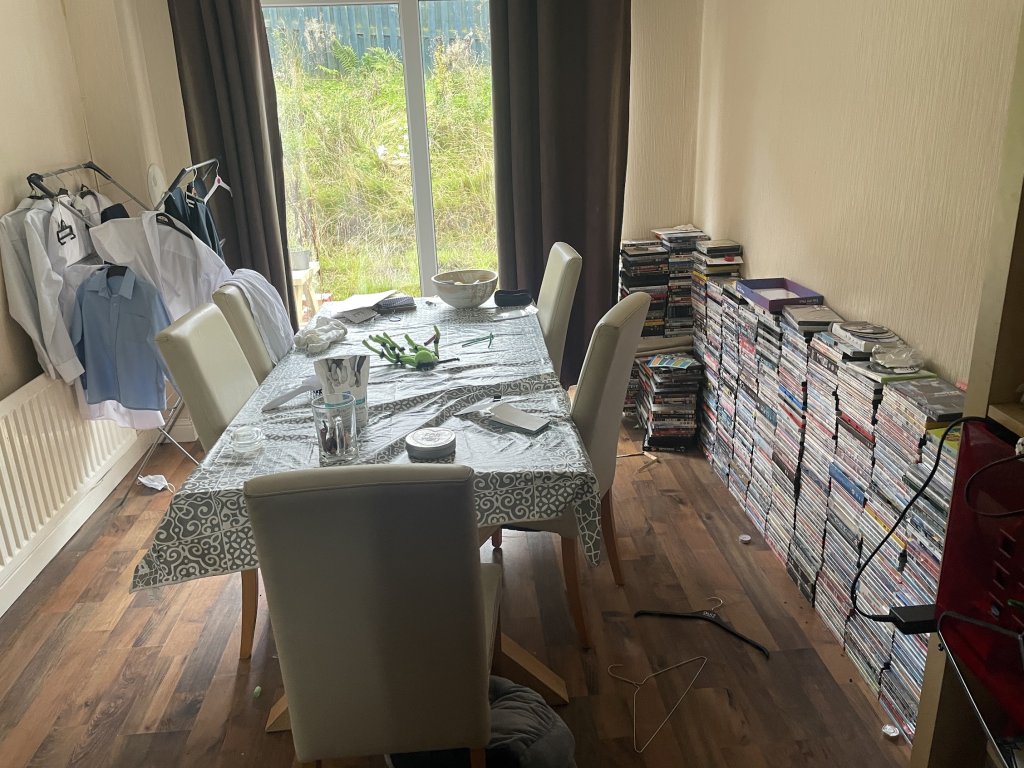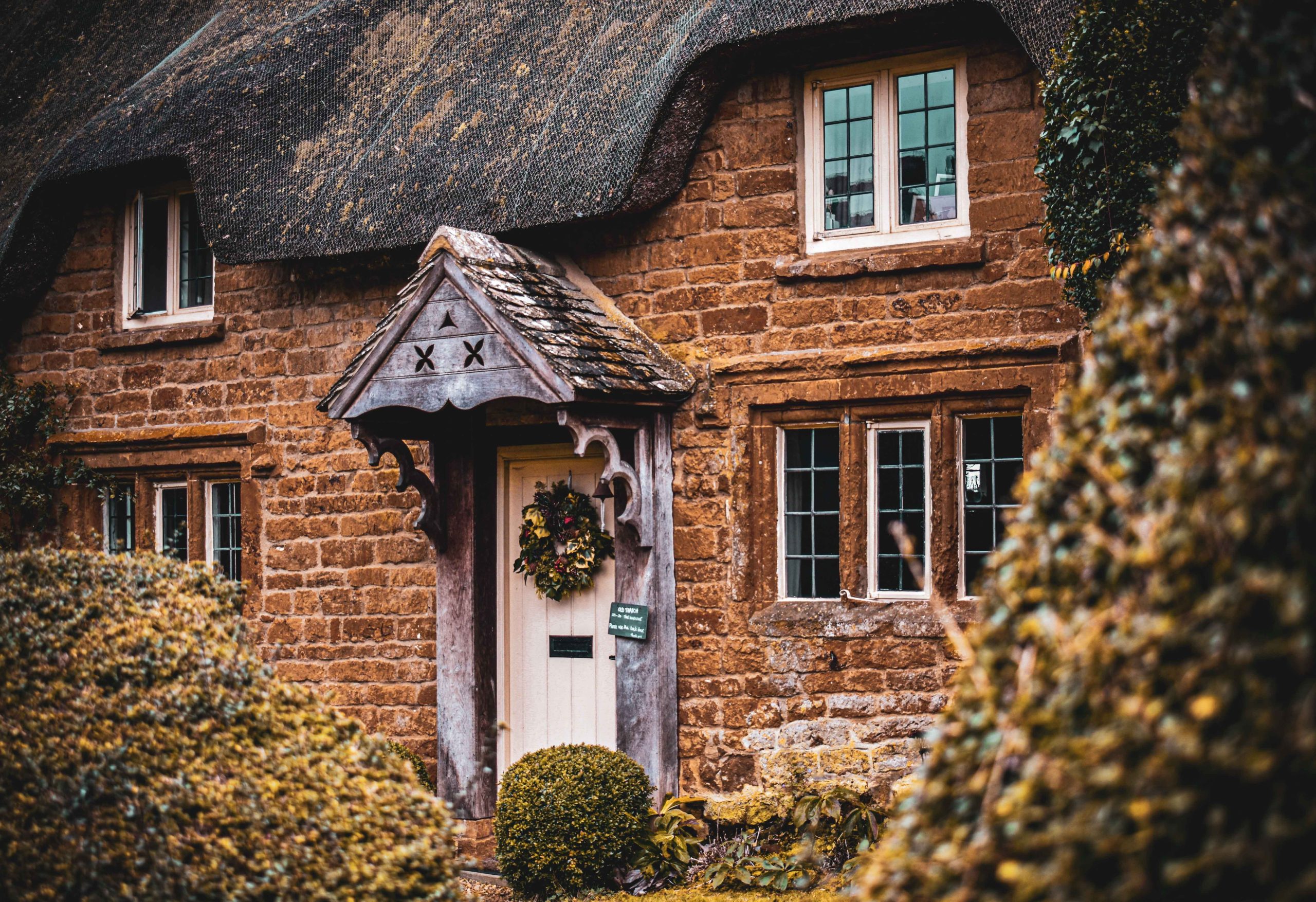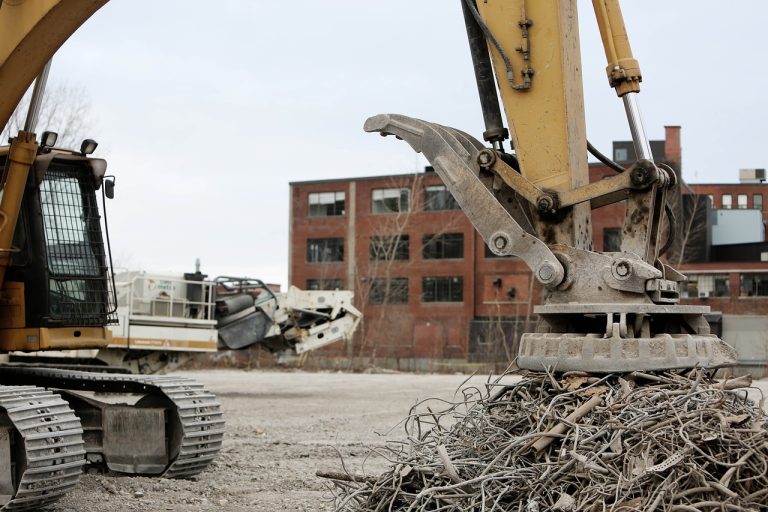How do I clear my deceased parents house
Facing the task of clearing a deceased parent’s house can be emotional and overwhelming. But, with a plan and help, you can do it.
Gather important documents like wills, deeds, and insurance policies. This’ll help you understand your legal obligations. Notify banks and utilities of the bereavement too.
Sorting through personal belongings can be hard, but it’s necessary. Sort them into three categories: keep, donate/sell, and discard. Ask family or friends for help and support. Get professionals to appraise valuable possessions or property. Don’t rush – make decisions that align with your loved one’s wishes.
I had my own experience. My grandma passed away and we had to clear her house. We held a family gathering where each person chose their mementos. It preserved her memory and brought us closer.
Clearing a deceased parent’s house can be tough but it doesn’t have to be. Do each task with respect. Get help when needed. Honor their memory and create space for new beginnings.
Assessing the situation
Table:
| Assets | Liabilities | Legal Docs | Personal Items |
|---|---|---|---|
| Furniture | Outstanding Bills | Will | Clothing |
| Electronics | Debts | Ins. Policies | Photos |
| Artwork | Mortgage Payments | Prop. Deeds | Sentimental Belongings |
Note special details for your situation. These might include multiple properties or overseas assets. Professional advice is sometimes needed.
The Balance website states that to prevent unauthorized use, you must inform creditors and cancel deceased’s credit cards.

Getting organized
Create a list of items in the home. Classify them as valuable, meaningful or useful.
- Valuable Items
- Meaningful Items
- Useful Items
Figure out what needs attention quickly, like perishables and sensitive documents.
Divide up spaces for sorting, storage, giving away, selling.
Hire help if needed. Estate liquidators or organizers can help.
Get family or friends to help. Their emotional aid can make the task easier.
Take breaks. Give yourself time to feel the emotions. Self-care is a must.
Remember, sentimental ties and decisions can be tough. Take your time in deciding what to keep or let go.
Sorting and decluttering
Create a plan. Break the task into manageable sections, like rooms or categories.
Inventory items. Decide what to keep, donate, sell, or toss. Think about sentimental value, practicality, and condition.
Use storage solutions like boxes, labels, and shelving to stay organized.
Ask for help if needed. Support and extra hands will make it easier.
Unique details may require special attention. Appraise or research items with historical significance or collectibles. Document valuable possessions like jewelry or artwork.
Deceased estates can have info about family history. Look for hidden treasures like old photos, letters, or documents.
Fact: The Guardian newspaper says decluttering has benefits for mental health. It reduces stress and promotes a calm environment.
Estate distribution and legal matters
When it comes to dealing with the estate of a deceased parent, there are several things to consider. Such as wills, probate, inheritance tax, and asset distribution among beneficiaries.
Here’s a table to explain each one:
| Aspects | Description |
|---|---|
| Wills | Legally binding doc outlining how estate gets distributed. |
| Probate | Legal process to verify authenticity of will, & grant permission to execute it. |
| Inheritance Tax | Tax paid on an individual’s estate after they pass away. |
| Distribution | Fair division of assets among beneficiaries, as per will. |
It’s also important to pay attention to any debts or liabilities that need to be settled before distributing the estate. Such as mortgages, loans, or bills.
For a smooth transition and to avoid any potential complications, seek professional advice from legal experts experienced in handling estate distribution and legal matters. It’s also important to respect the deceased’s wishes and provide peace of mind to all parties involved. So don’t hesitate – seek help today!
Deciding on belongings
It’s time to decide what belongings to keep and what to let go. To make the best choice, consider two key categories: sentimental value and practicality.
Sentimental items evoke emotion and should be carefully evaluated. Think about if they bring joy or serve a practical purpose.
For family heirlooms, consider if they align with your tastes, needs, and available space.
Personal mementos like keepsakes should be assessed if they bring joy or serve a practical purpose.
When it comes to furniture, look at its sentimental value or practical use in your home. Also decide if it fits your aesthetic preferences, needs repairs, new upholstery, or should be preserved as a heirloom.
When looking at decorative objects, think about their connection to cherished memories, if they match your current décor style, or can be gifted to loved ones.
Discussing memories associated with different items with family can provide comfort and help reach agreements.

Cleaning and preparing the house for sale
Cleaning and prepping a house belonging to a dead parent for sale can be tough. Here’s a step-by-step guide to help you:
- Sort and Declutter: Go through each room and separate things into keep, donate, sell, or discard. Remove any items that could put off buyers.
- Deep Clean: Give the house a complete clean, all areas included. Don’t forget windows, carpets, and appliances.
- Repairs and Maintenance: Check the house and make needed repairs. Fix plumbing, paint walls, replace broken fixtures and make sure it works.
- Staging: Hire a stager or do it yourself. Use plain colors and limited decorations to make it look inviting.
- Curb Appeal: Enhance the outside to attract buyers. Mow the lawn, trim bushes, plant flowers, and repair damage to the facade.
- Final Touches: Do one last walkthrough to check everything’s in order. Look for any missed cleaning or repairs.
It can be emotional dealing with sentimental items. Take breaks and get help from family and friends.
You could also hire professionals for tasks like carpet cleaning.
Bob faced a similar challenge when he cleared his late mother’s house in Bristol. With help from family and planning, he managed to finish in two weeks. He made sure his mum’s legacy lived on in an impeccable home.

Emotional support and self-care
It’s imperative to put yourself first in this emotionally taxing situation. Reach out to family members and friends for support. Consider getting help from a professional organizer or a grief and loss therapist. Take pauses and rest when needed. Reflect on happy memories while sorting through possessions. Allow yourself to feel whatever emotions come up, honoring them all.
Adapt these tips to your circumstance. Remember to be aware of your own needs during the process.
A story of a person tackling their parent’s house after death is inspiring. They found an old journal full of memories and emotions. This not only provided comfort, but also showed how vital it is to address emotional well-being while managing such a difficult task.
Closing remarks and final thoughts
Clearing a deceased parent’s house can be tough. It involves making decisions on personal items, and handling legal matters. Approach it with sensitivity and respect. Give yourself time, and seek help if needed.
Start by identifying valuable items, like jewellery or antiques, that may need appraisal. Document any assets or liabilities left. Then sort through personal belongings. Keep, donate, or sell what you can. Choose which sentimental items to preserve.
Get help from an attorney who specializes in probate law. They’ll guide you through the necessary procedures. Pay debts, taxes, and distribute assets according to the will. Eventually, close the estate.
My friend recently had to clear both parents’ houses. It was overwhelming. But, they found solace in old photo albums. They created a beautiful memorial gallery to celebrate their parents’ lives.
Frequently Asked Questions
Q: How do I start clearing my deceased parent’s house?
A: To start clearing your deceased parent’s house, it’s important to create a plan. Begin by sorting through personal belongings, identifying items to keep, sell, donate, or discard. You can also hire professional estate liquidators or decluttering services to assist you.
Q: What legal aspects should I consider when clearing the house?
A: When clearing a deceased parent’s house, it’s crucial to gather and retain all legal documents, including the will, death certificate, and any relevant probate or trust documentation. Consult with an attorney to ensure you follow all legal requirements and obligations.
Q: How can I manage sentimental items while clearing the house?
A: Managing sentimental items can be emotional. Take time to go through them, considering their importance and sentimental value. If you cannot keep all items, consider taking photographs or making a memory box with small mementos to preserve the memories.
Q: What should I do with valuable items?
A: Valuable items can be sold through auction houses, estate sale companies, or private buyers. Consult with appraisers to determine their worth. Alternatively, you can choose to keep them in the family or donate them to museums or charities.
Q: How can I deal with unwanted belongings?
A: Unwanted belongings can be donated to charities, sold through yard sales or online platforms, or given to friends and family. You can also consider hiring junk removal services to dispose of items that are no longer usable.
Q: Should I ask for help when clearing the house?
A: Yes, asking for help can make the process more manageable. Reach out to family members, close friends, or professionals who specialize in estate clearance. They can provide support, assistance, and guidance during this challenging time.







